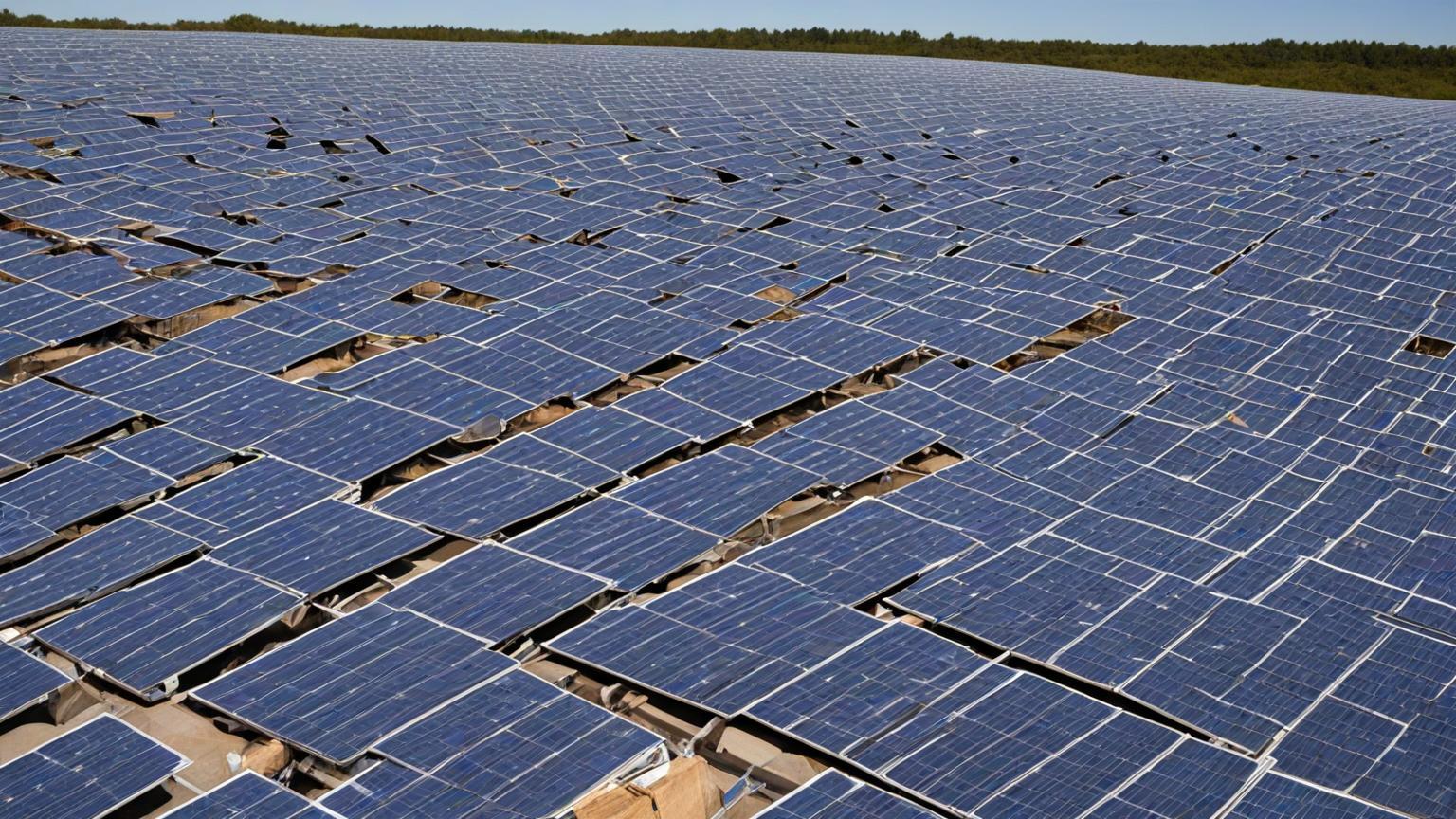In recent years, solar energy has garnered widespread attention as a sustainable and environmentally-friendly resource. With governments and citizens around the world striving to cut back on fossil fuels, solar panels have become a symbol of progress toward a cleaner, greener future. However, as the number of installations continues to rise, a new challenge is gradually emerging on the horizon—the issue of solar panel recycling.
Solar panels have an average lifespan of 25 to 30 years. While this seems lengthy at first glance, the tremendous growth of solar installations means that a significant number of these panels will soon approach their end-of-life stage. Consequently, the world faces the daunting task of disposing of or recycling millions of solar panels, most of which have accumulated over the last two decades.
The challenge lies not just in the sheer volume of panels needing recycling, but also in the materials involved. Most photovoltaic (PV) panels are made up of silicon wafers, glass, aluminum frames, and various precious metals. They also contain some potentially hazardous materials which, if improperly disposed of, could lead to environmental contamination.
Current recycling technologies can recover as much as 95% of certain materials, like the glass and aluminum from panels. However, the extraction of silicon and other intricate materials poses a significant technical challenge. Despite this, several companies and research institutions are working to improve the efficiency and cost-effectiveness of recycling technologies.
One pioneer company, PV Cycle of Europe, is at the forefront of creating solutions tailored to the recycling of solar modules. Their process involves the mechanical separation of panel components followed by chemical treatments to extract valuable materials. Similarly, the Solar Energy Technologies Office in the United States is investing in research to develop cutting-edge methods that can make solar panel recycling not only feasible but also profitable.
There is, however, always a financial aspect to consider. Recycling solar panels, unlike traditional waste, is not a fundamentally profitable venture yet. The costs involved in transportation, processing, and separating materials are high, which deters many companies from investing heavily in the process. Some advocates suggest a circular economy approach where manufacturers design panels with eventual recycling in mind, thereby reducing waste and lowering recycling costs. Additionally, some governments are considering regulations mandating proper disposal and recycling of solar panels, a significant step toward addressing this nascent environmental issue.
Moreover, consumer awareness is crucial to address this concern. Many owners of solar panels remain unaware of the recycling pathways at the end of their panels' life cycle. An informed public could pressure manufacturers and policymakers to prioritize and innovate in solar technology's recycling arena. Similarly, initiatives that provide incentives to companies that adopt sustainable recycling practices could significantly transform the current landscape.
To draw further parallels, it’s worth noting the lessons from the battery recycling industry. Just as with batteries, creating an efficient and profitable recycling structure for solar panels will require initial investment and supportive policies. However, once these frameworks are in place, the economic and environmental benefits will undoubtedly justify the effort and resources invested.
The forthcoming wave of solar panel waste presents both a challenge and an opportunity. By spearheading innovative recycling techniques and policies, the industry can set a global standard, continuing its legacy as a harbinger for sustainability. While the task is daunting, the rewards—both ecological and economical—are transformative. The future of solar recycling holds promise not only as a new frontier in green technology but also as an emblem of responsible stewardship of the Earth’s resources.
The unseen impact of solar panel recycling

